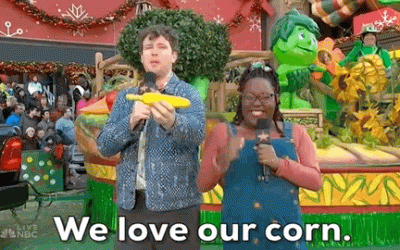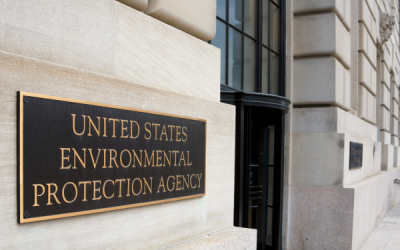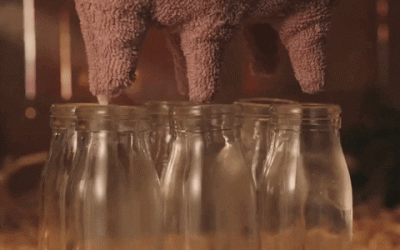Fertile soils are vital to productive agriculture and global food security. But according to a recent study out of the United Kingdom, global agricultural soils are not oK.
Potassium-deficient: According to the study—a joint effort amongst researchers from University College London, University of Edinburgh, and the U.K. Centre for Ecology & Hydrology—20% of all agricultural soils across the globe face a severe potassium deficiency.
According to study co-author Professor Mark Maslin, “potassium is critical to sustaining the crop yields that keep the world fed, and its depletion poses a significant threat to the food security of millions of people around the world.”
The deficiencies are the worst in East Asia, Latin America, Sub-Saharan Africa, and Southeast Asia (where a whopping 44% are potassium-deficient).
What’s going on? Basically, agriculture is pulling more potassium from the soil than what’s being replaced. Furthermore, the production of potash—the primary source of potassium fertilizer—is concentrated in only a few countries, and issues over recent years (pandemic recovery, war in Ukraine, fuel prices, etc) stymied production and distribution, leading to insane price hikes for the important fertilizer.
The researchers did offer six recommendations to help stem the threat to our global food system:
- Better potassium management
- Intergovernmental coordination
- Managing price fluctuations within countries
- Conducting further soil potassium research
- Evaluating the environmental impact of potash mining
- Developing a global circular potassium economy (reduce, reuse, recycle)
The data is here. Now, it’s up to the global community to take action and ensure the future of our food supply.
Short Corn Packs a Punch
Dynamite comes in small packages—which can be true with new seed technology. What’s...
Congress to EPA: What’s Your BEEF with Meat Packers?
The Environmental Protection Agency (EPA) is considering new regulations that take aim at meat and poultry processors.
And some members of Congress have a BEEF with the EPA’s proposals.
The proposed rules: In late January, the EPA released the details of its proposed “Clean Water Effluent Limitations Guidelines and Standards for the Meat and Poultry Products Point source category.”
Huh?
Basically, the EPA formally published its proposals to combat wastewater contaminants that come from slaughterhouses.
Okay… that makes more sense.
At the heart of the rules proposal is a concern from environmental groups about nitrogen and phosphorus pollutants that originate from slaughterhouses. In some cases, the wastewater goes directly into waterways. In other cases, the water goes to municipal wastewater treatment facilities.
But not everyone is on board with the EPA’s suggestions…
Congress responds: Last week, two U.S. representatives—Eric Burlison (MO) and Ron Estes (KS)—pushed back against the EPA and introduced the “Banning EPA’s Encroachment of Facilities (BEEF) Act.” If passed and signed by President Biden, the law would prohibit the EPA from finalizing, implementing, or enforcing the rule.
According to the lawmakers, the proposed rules place undue burden on small processors—costs that can be absorbed by larger companies.
Soundbite: “The… proposed regulation isn’t just an attack on family-run small businesses, it’s an attack on rural communities,” said Burlison. “These meat and poultry processors are the lifeblood of our communities. The BEEF Act… lets these hardworking Americans do what they do best, produce safe, affordable food for our families.”
University of Illinois Makes Big Mooves in Milk Production
Pump it up: Scientists led by Matt Wheeler at the University of Illinois Urbana-Champaign are...




